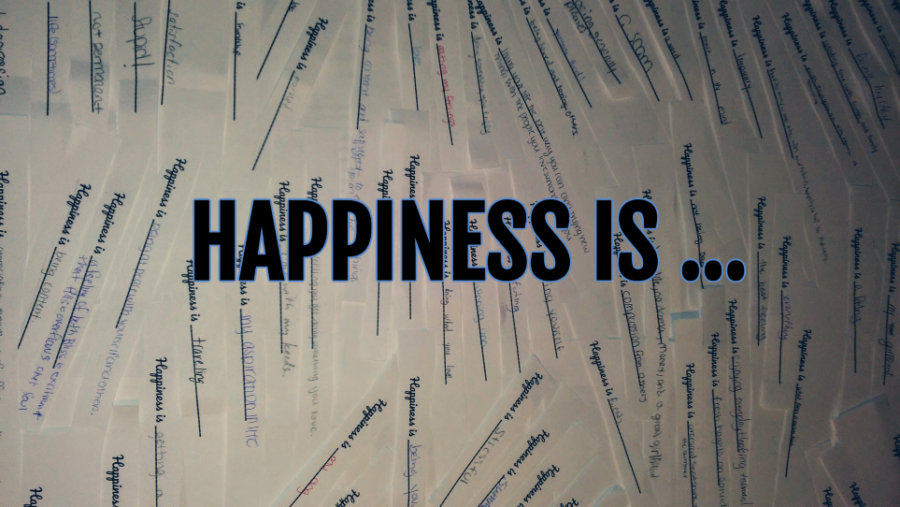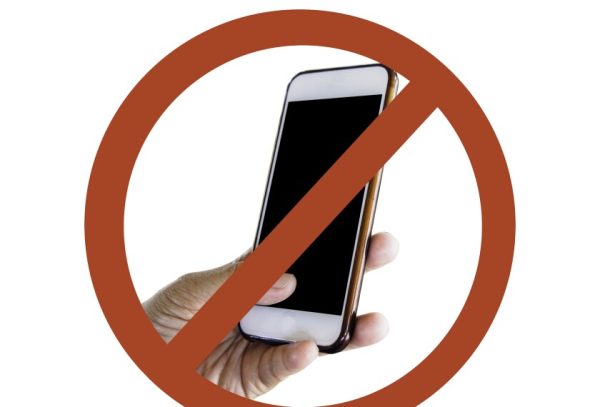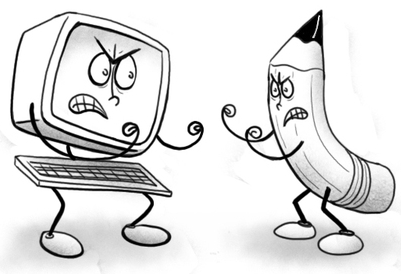Happiness Is…
Happiness is a scam, unachievable, fake, hard, nothing, a feeling, temporary, stressful, escape from reality, I wouldn’t know, a word. Happiness is key, laughter, macaroni made by my Nona in Italy, friendship, money, my girlfriend, self-acceptance, a smile, fishing, when your heart beats a little faster, worthwhile, earned, being loved and loving others?
These are anonymous answers to the query “Happiness is…” given out here at BHS. This question has puzzled philosophers and scientists for ages. Regardless, instead of focusing on what happiness is, shouldn’t we focus instead on what makes us happy?
According to a recent survey, 52% of Bethpage students feel they are happy most of the time, while 48% feel they aren’t. Is their standard too low, or is it too high? Is it wrong or is it right? Does is change or is it the same?
The article written by Stephanie Booth, called What Does It Really Mean To Be Happy? Six Experts Explain inspired me to write this article. So I connected with one of the experts: happiness coordinator Cathy Jimenez, a presenter of Happy Brain Science sessions. Happy Brain Science offers speaking, coaching and consulting in a variety of topics focusing on thriving at work. Their mission is to “foster productivity, creativity, and happiness through the application of cutting-edge brain science.” Cathy Jimenez was able to sit-down with the Eagles’ Cry for an interview, and answer some of BHS common happiness questions.
The Eagle’s Cry: Are you happy in the morning?
Ms. Jimenez: Not all the time. Like everyone in the world, there are days when I wake up tired, grumpy, whiny. There may have been events that happened which make us feel bad. That is normal. However, as what we share through the Science of Happiness, happiness is a choice.
So what do I do when I feel down in the morning? I try different methods, one of which is to exercise. Exercise helps boost mood and decrease depression aside from the fact that it helps you keep fit!
The Eagles’ Cry: How can you distinguish the difference between happiness and mood?
Ms. Jimenez: Happiness is a combination of positive emotions (good moods) and a longer lasting sense of well-being and satisfaction with life. Scientists often call it “subjective well-being”. So mood is one short term part of happiness. One can be in a happy mood, but generally unhappy in life, or in an unhappy mood, but generally happy in life. If you usually are in a good mood, you’re probably a happy person.
The Eagles’ Cry: How can regret be correlated with happiness? What about fear?
Ms. Jimenez: Happiness, according to research, is determined by many factors: genes, circumstances, and choices. Regret is usually the disappointment we feel based on the effect of the not-so-good choices that we made. So feelings of regret may adversely impact our happiness. Fear is often seen as a negative emotion, but based on scientific studies, fear is an evolutionary tool to help us be safe. In school or at work though, it is not helpful and at times causes us to freeze. Fear is not directly related to happiness, but it may cause a person to make a bad decision which will, in turn, become regret. We should instead see fear as a friend or a learning tool and benefit from it.
The Eagles’ Cry: What activity or hobby makes you happy?
Ms. Jimenez: I love to practice yoga and get a massage. Yoga helps me center myself, get into physical activity but still be relaxed. Massage helps remove some of the stress and stiffness especially after a busy stretch at work. I also love to play time/task management games on my gadget/computer when I have the time to relax/increase happiness.
The Eagles’ Cry: Does the desire to want and crave happiness cause the obsession over it, thus having the opposite effect?
Ms. Jimenez: Yes, if you obsess and crave for happiness, it will increase your stress levels and as a result, it will have the opposite effect. Science can help us be happier, but nothing can make us happy all the time. When bad things happen to us or people we care about, the appropriate response is to feel bad. Science suggests that those who are about 8 out of 10 happy end up thriving the most. It’s not constant bliss we should be striving for.
The Eagles’ Cry: In the article, your colleague implied happiness is contagious, do you feel that other feeling are contagious as well?
Ms. Jimenez: Yes, definitely. Happiness is contagious. However, anxiety and other emotions/feelings are contagious as well. This is caused by what we call, “mirror neurons.” Mirror neurons are the physiological foundation for empathy. When someone beams a bright smile at you, neurons fire in your brain that encourage you to also beam a smile back at the other person. The same neurons fire with negative feelings/emotions as well.
The Eagles’ Cry: What are small exercises, mental or physical people can do to increase their happiness. For example, I had read if you stand “in a superhero pose” before a test or interview, your mindset is better and you become more confident.
Ms. Jimenez: In order to feel more confident or even happier, it is good to consider, “Faking It Till You Make It.” What does this mean? It means you actively try to change your mood into something more positive in order to increase your happiness. Other activities which I believe can help:
- Do a random act of kindness – Spending on others promotes happiness; leave 25 cents in the vending machine or do an act of kindness for someone who needs it
- Physical exercise – releases endorphins which reduce our perception of pain
- Write on a gratitude journal – you will be able to rewire your brain and experience gratitude and happiness more frequently
The Eagles’ Cry: What is happiness? Is it subjective?
Ms. Jimenez: Happiness is too vague and fuzzy for scientists which is why they call happiness as “subjective well-being.” It is indeed subjective. A better definition, in my opinion, is one from Sonja Lyubomirsky’s book “The How Of Happiness”. She defines happiness as “the experience of joy, contentment, or positive well-being, combined with a sense that one’s life is good, meaningful, and worthwhile.”
The Eagles’ Cry: Can we have happiness without sadness?
Ms. Jimenez: Yes, it is possible. However, science suggests that those who have experienced emodiversity or has gone through a variety of emotions – happiness, sadness, grief, etc. have better physical or mental health. Personally, I can attest to this because the happiness and gratitude I feel when good things happen in my life are more intense after I have triumphed through a difficult period. Going through negative situations and emotions in life makes one appreciate the good times more.
The Eagles’ Cry: Any other statements or acknowledgements to further add?
Ms. Jimenez: Again, I would like to reiterate that happiness is a choice. We should not avoid unpleasant emotions because these are normal, natural, healthy, and helpful. The pursuit of (constant) happiness brings more harm than good.
The Eagles’ Cry: Does society, expect you to be happy?
Ms. Jimenez: People, in general, want to be happy. However, we need to be careful with constantly pursuing happiness as it tends to do more harm than good.
The Eagles’ Cry: How can our age group look at happiness? Improve happiness?
Ms. Jimenez: As cliched as it may seem, we can all look at happiness as a journey and not a destination. There will never be a point in time where you will constantly be in bliss. Instead, try to look around you and see what you can be grateful about regardless of the situation you are in. This mindset allows us to be resilient and makes it easier for us to bounce back from difficult times that we experience.
Nowadays, young people are frequently glued to their gadgets/devices and most of their interaction is online. But in reality, happiness can be improved by true, personal social connections, by building better relationships with the people they encounter and minimizing their time on social media networks.
Going on a social media detox helps improve one’s happiness. Based on a study of social media use and perceived emotional support from it, heavy users of social media may actually feel less and not more emotional support. As a result, being online for long periods of time may do more damage than good, especially to young adults.
Instead of interacting online, invest more in personal interactions with one another. Being around positive people helps your mirror neurons fire up and improve the quality of your relationships with other people. Walk and talk together, always assume positive intent from the people you interact with, have in person interaction.
Reflection:
From this interview, I have concluded a couple of points. Smile. Smiling increases your chance of happiness, because it decreases a hormone in the bloodstream, called cortisol, which has a relationship to stress. Plus, smiling is contagious (just like yawning). Having written this article, it’s ironic that I’m saying we should not be obsessing over happiness. Also accept those grey days. Acknowledge what makes you happy, and strive for it.
To find out more about Happy Brain Science, visit https://www.happybrainscience.com/.
Anastasija Petrovska, often referred to as Ana, is a sophomore at Bethpage. She is Macedonian, born and raised in Queens, and moved to Long Island a year...










